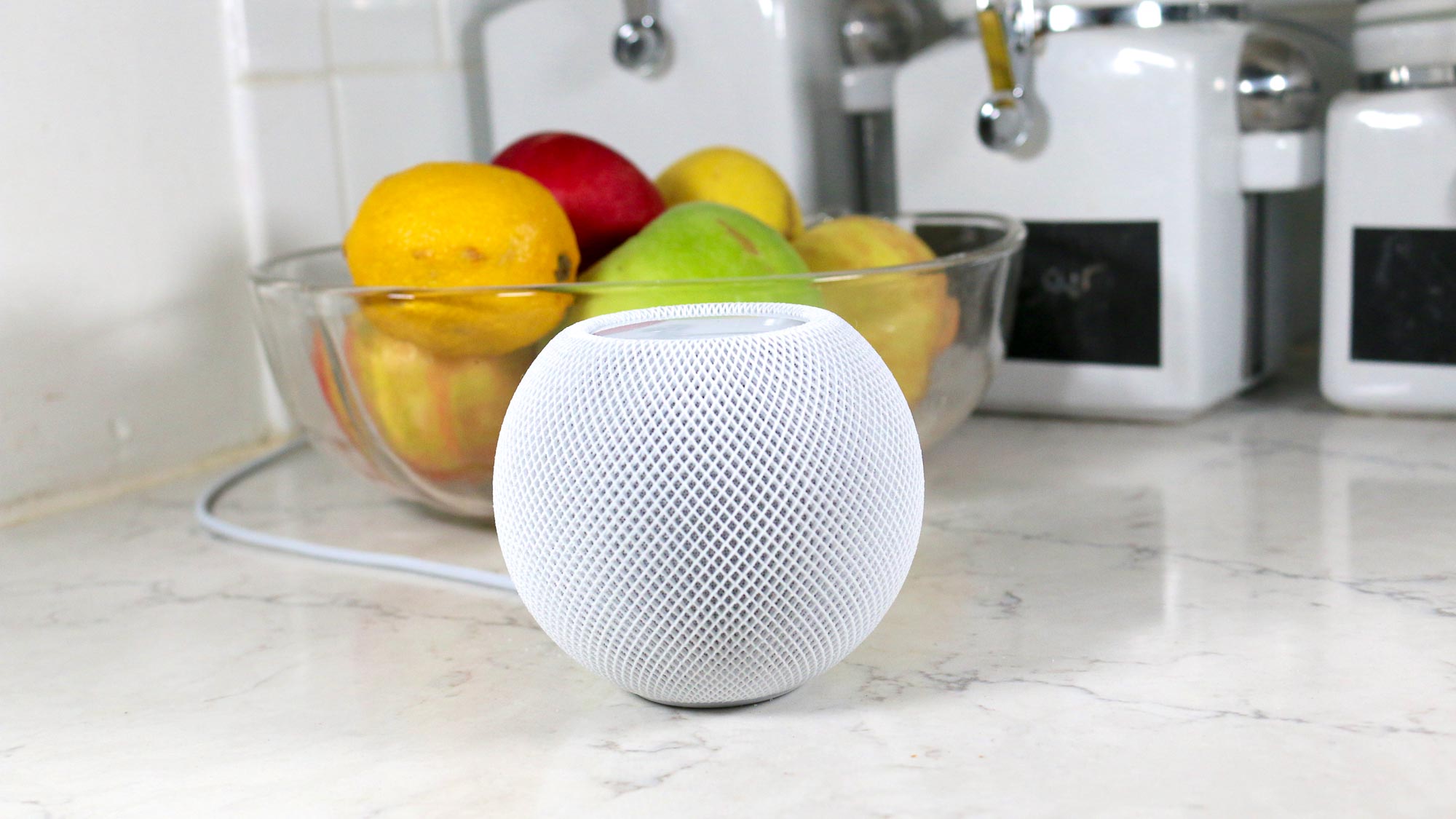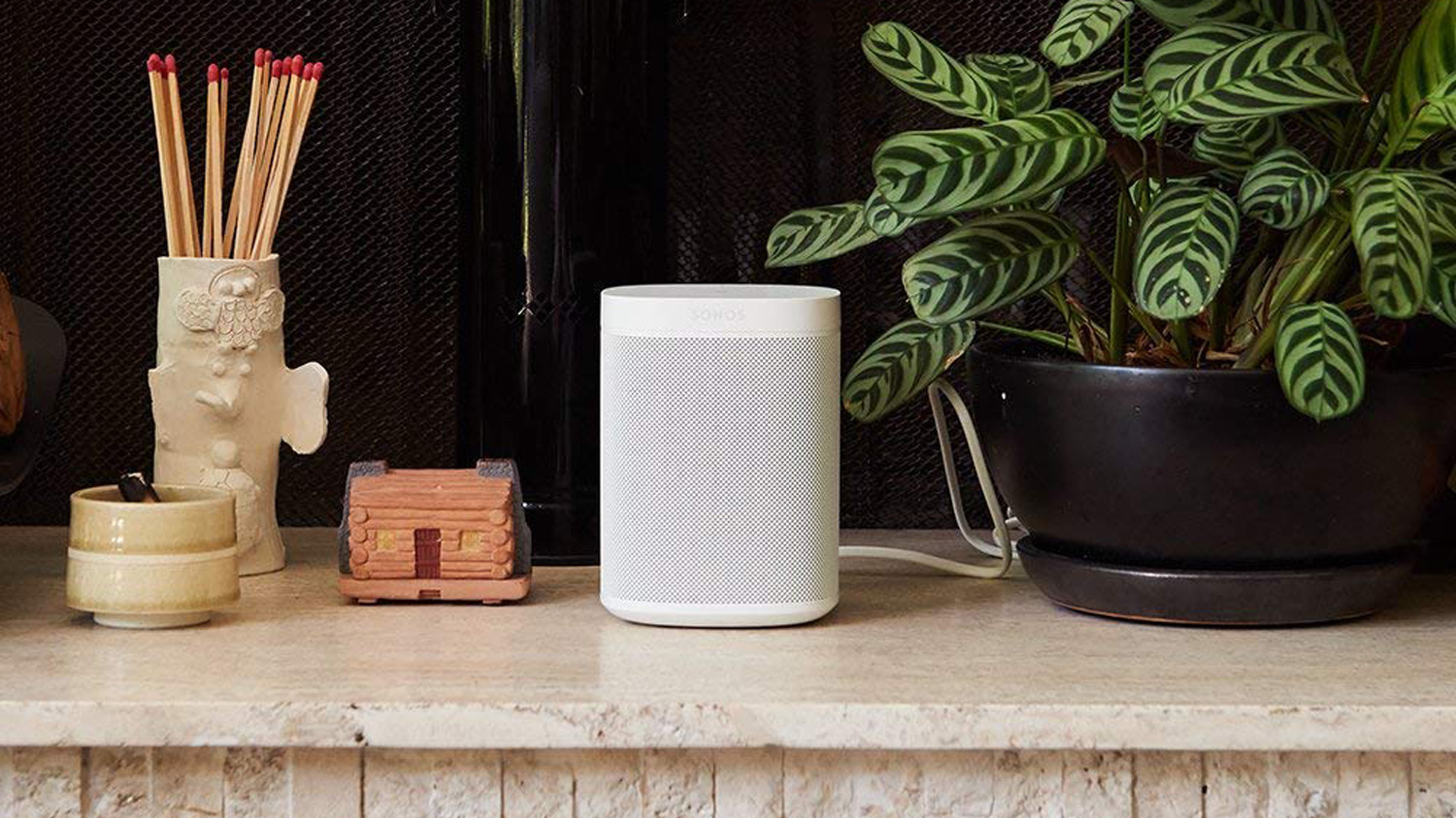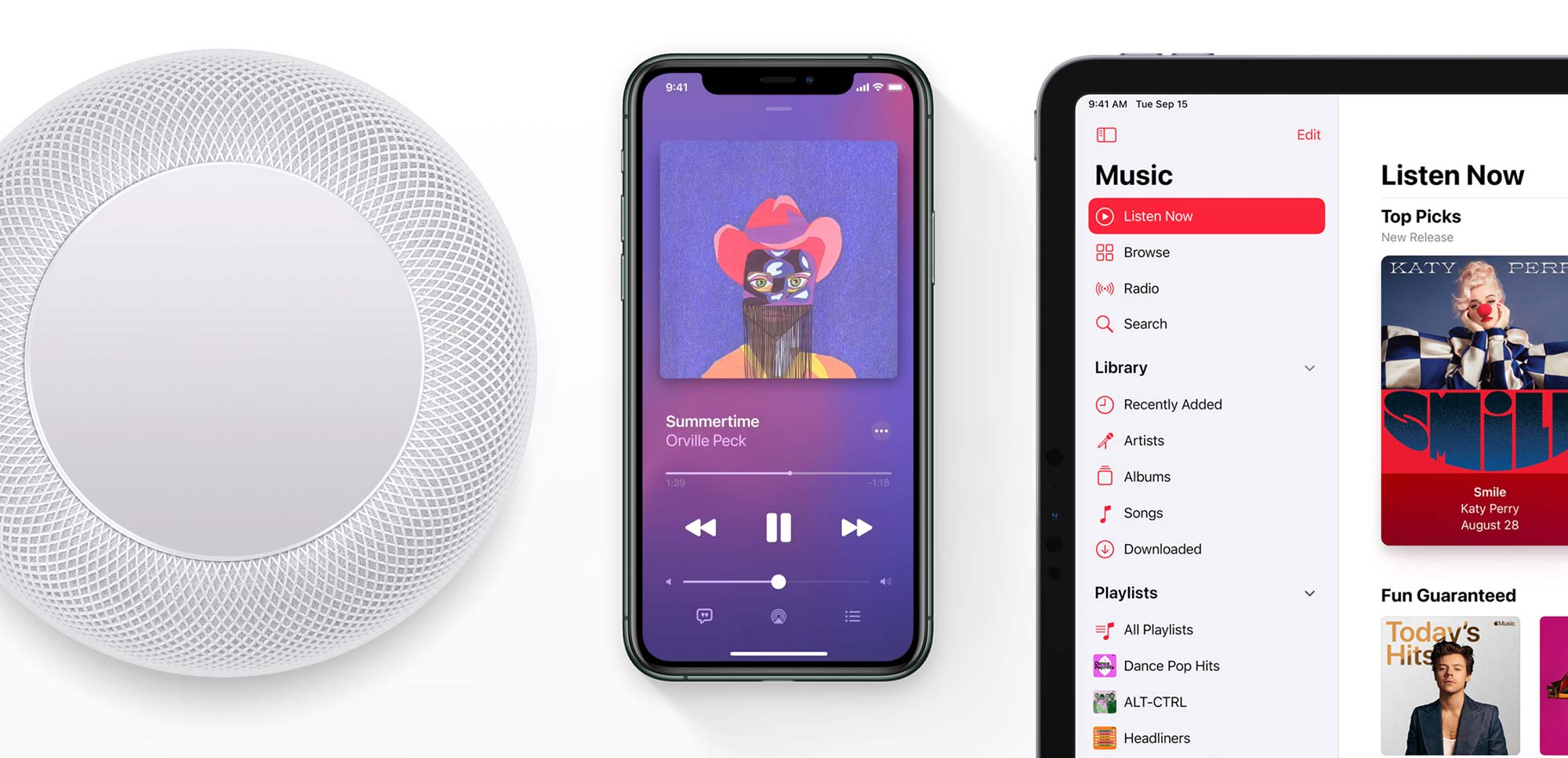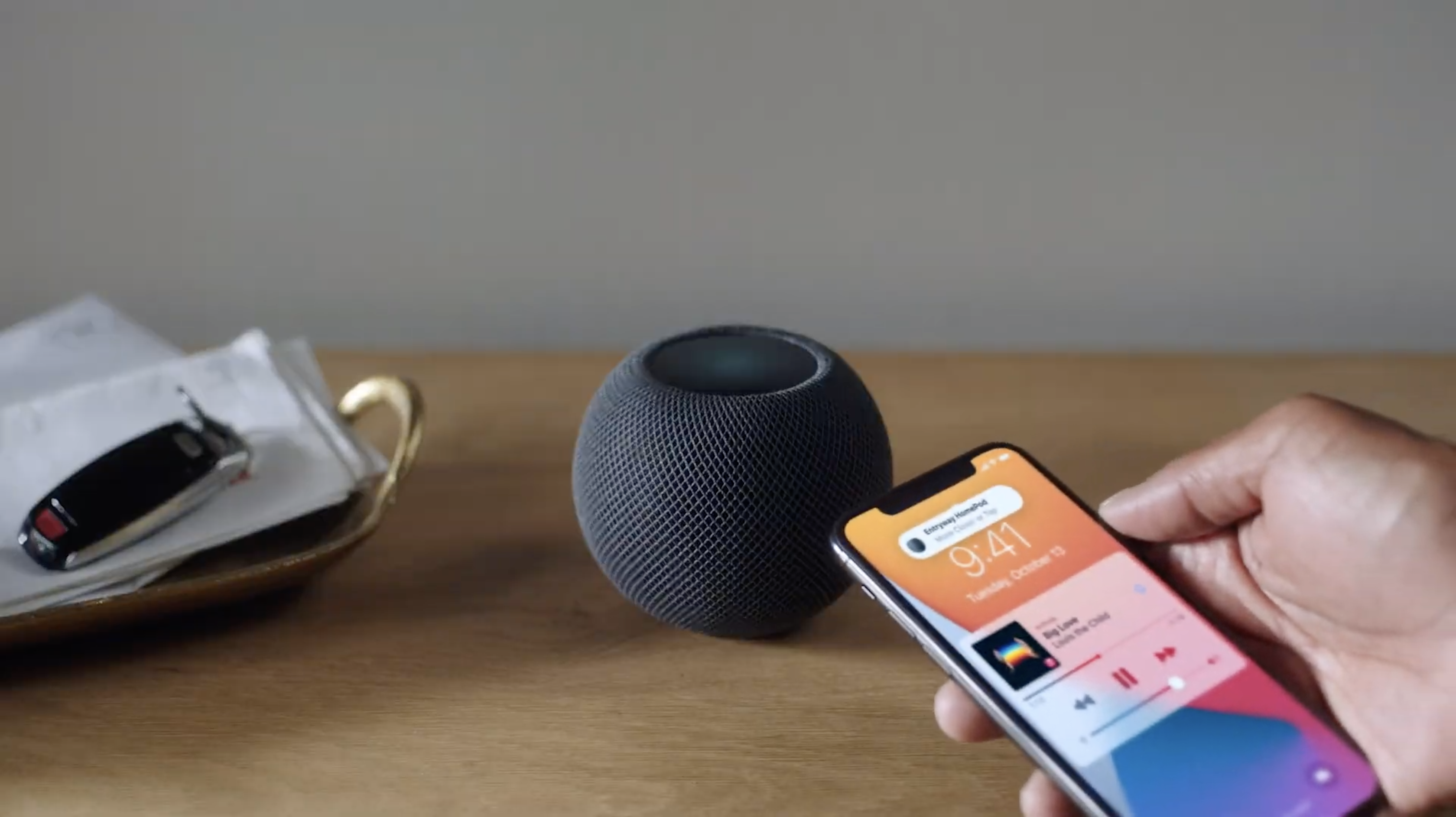The HomePod mini is now irrelevant — here’s why
By letting Apple Music on Alexa and Google smart speakers, Apple is sabotaging its HomePod and HomePod Mini
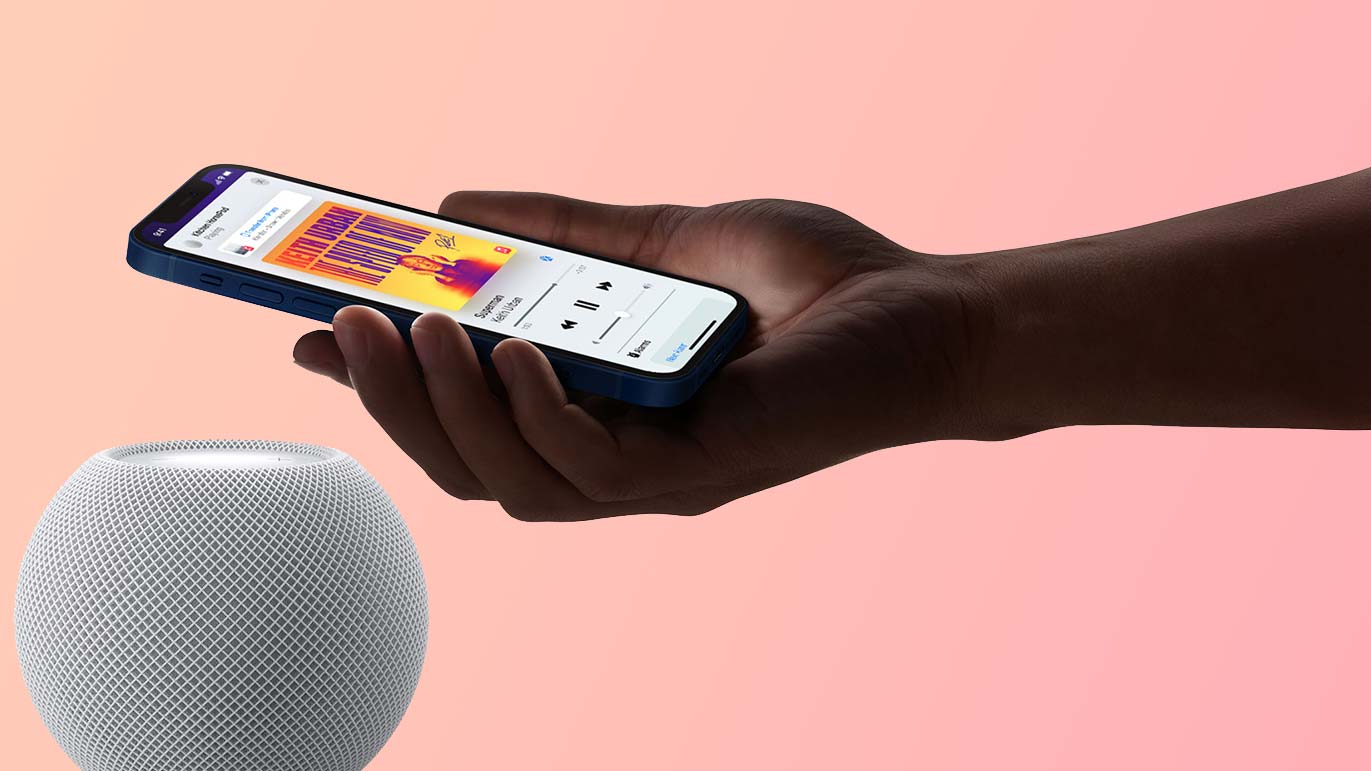
This past week, Apple provided yet one more reason not to get its smart speakers. That’s because now you can stream Apple Music not only through Alexa speakers, but Nest speakers as well. Unless you’re really wedded to Apple’s ecosystem or smart home platform, there’s no reason to buy a HomePod or the new HomePod mini.
Don’t get me wrong — Apple’s HomePod and HomePod mini sound great, but neither would be my first choice for a smart speaker. That’s because a smart speaker’s value is half audio quality and half smarts, and Apple’s products are lacking in the latter.
- The best smart speakers right now
- These are the best tech gift ideas
- Just in: The iPhone 12 mini looks like a bust
Let’s start with choice. With Apple, you’re limited to just two devices: The $99 HomePod Mini and the $299 HomePod. Amazon, by contrast, has the new Echo Dot ($50), the Echo Dot with Clock, the Echo Show 5 ($45), the Echo Show 8 ($79), the Echo ($99), the Echo Show ($149) and the new Echo Show 10 ($249) — not to mention the Echo Auto, the 3rd-generation Echo Dot, and Echo Flex.
While not as numerous, Google also has more options than Apple as well, including the Nest Mini ($50), the Nest Audio ($99), Nest Hub ($89), Nest Hub Max ($229), and the Google Home Max ($179).
My go-to smart speaker is the $149 Sonos One, which has proven to be the best when it comes to audio (and which can be used with either Alexa or Google Assistant).
Next, there’s streaming music services. On a HomePod or HomePod mini, you can choose from Apple Music, iHeartRadio, TuneIn, and Pandora, but that’s it. Alexa and Google/Nest smart speakers don’t offer a lot more, but they both have Spotify. And the Sonos One has hundreds of services.
Then we have smart home smarts. Here, Apple’s smart speakers have an advantage over Google in that you can create more sophisticated smart home routines, but fall short of Alexa in terms of how you can control your smart home gadgets, such as lights and locks.
Get instant access to breaking news, the hottest reviews, great deals and helpful tips.
After that, though, the HomePod’s skills fall behind the others. When it launched the HomePod mini, Apple touted its intercom feature, which lets you broadcast a message to other HomePods or Apple devices. However, all you’re doing is sending a pre-recorded message. Alexa and Google devices, by comparison, let you have full-fledged conversations.
Both Google and Amazon have far more robust parental controls, too. Although I’m loath to give my child a smart speaker in her room, if I were, I’d have much greater control over what she listens to if it were an Alexa speaker.
Perhaps the only unique feature of the HomePod and HomePod Mini is that you can start playing music on your phone, and then simply tap your phone on the speaker to transfer the music. It’s a cool feature, but it’s one I’ve rarely used. It’s far easier to just tell Siri to start playing something rather than walking across a room.
The fact that Apple is allowing its music streaming service on other devices is perhaps a tacit admission that it’s not going to dominate the smart speaker market the way it has with smartphones and tablets. But the company has now given away the best reason to buy a HomePod or HomePod Mini to the competition.

Michael A. Prospero is the U.S. Editor-in-Chief for Tom’s Guide. He oversees all evergreen content and oversees the Homes, Smart Home, and Fitness/Wearables categories for the site. In his spare time, he also tests out the latest drones, electric scooters, and smart home gadgets, such as video doorbells. Before his tenure at Tom's Guide, he was the Reviews Editor for Laptop Magazine, a reporter at Fast Company, the Times of Trenton, and, many eons back, an intern at George magazine. He received his undergraduate degree from Boston College, where he worked on the campus newspaper The Heights, and then attended the Columbia University school of Journalism. When he’s not testing out the latest running watch, electric scooter, or skiing or training for a marathon, he’s probably using the latest sous vide machine, smoker, or pizza oven, to the delight — or chagrin — of his family.
 Club Benefits
Club Benefits





